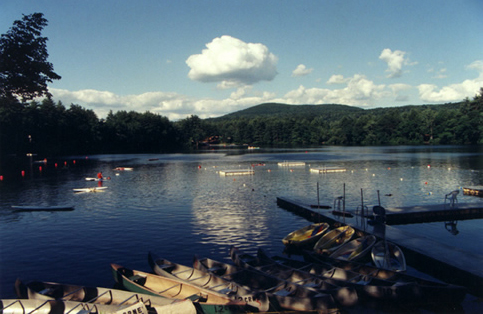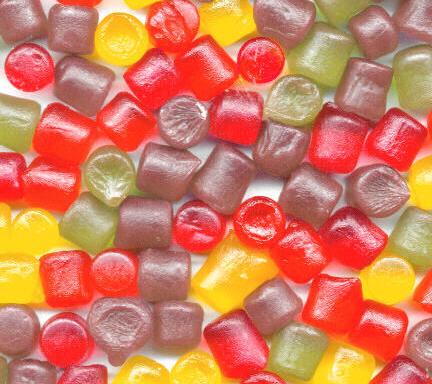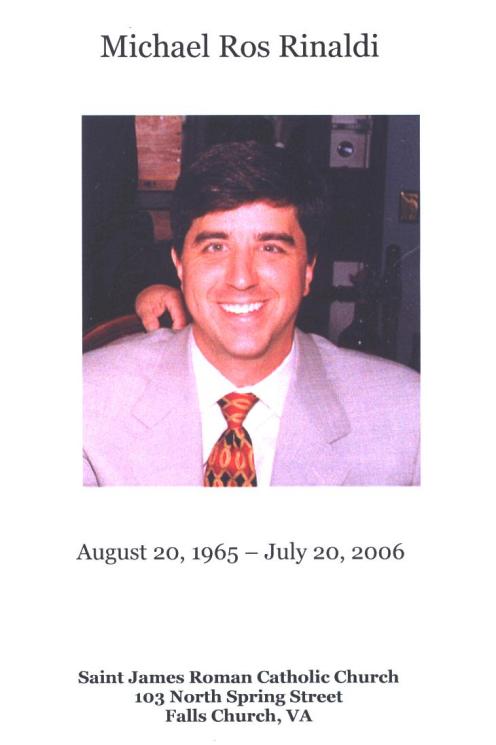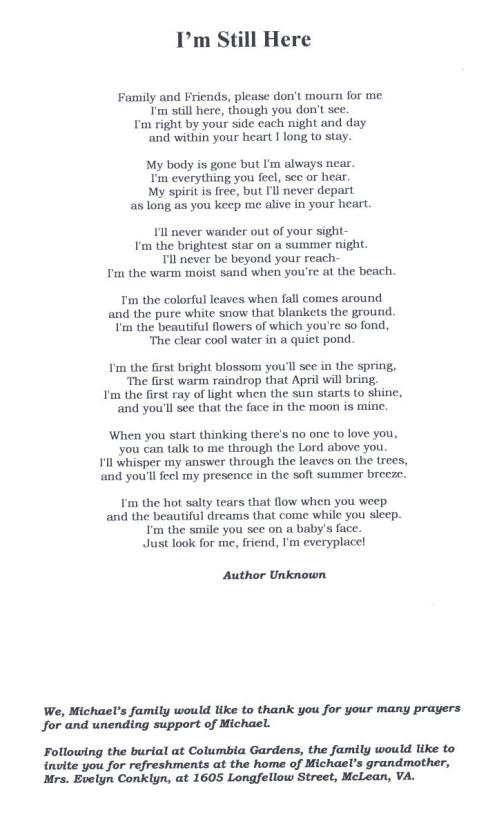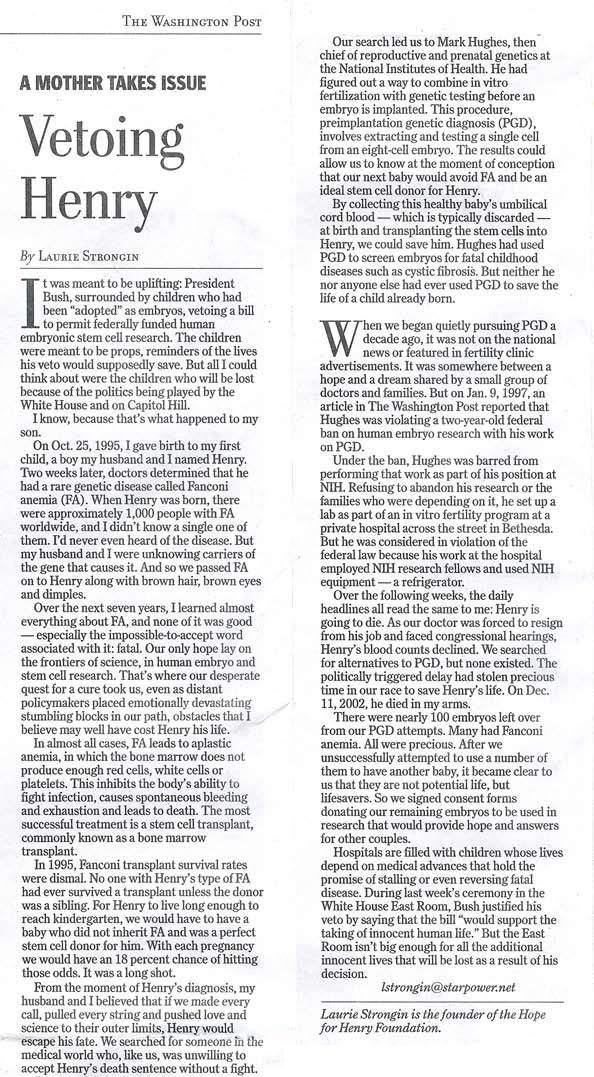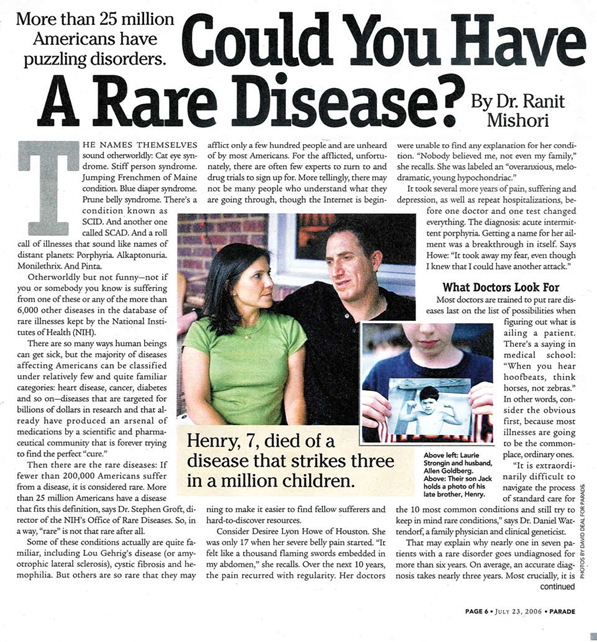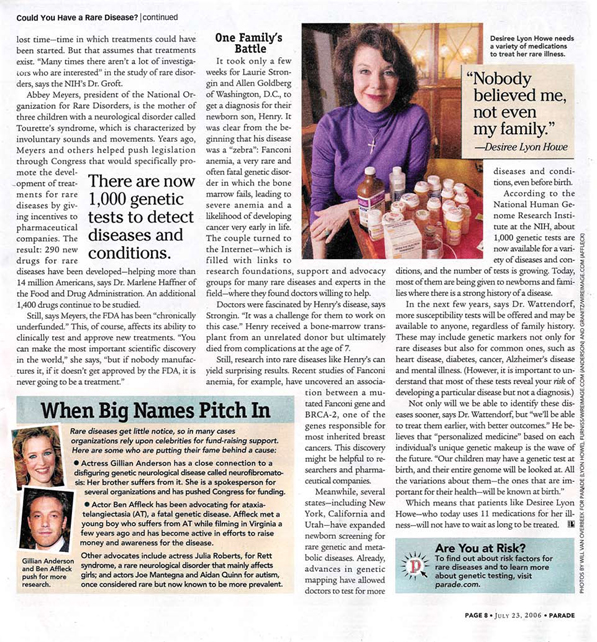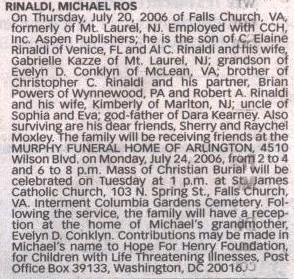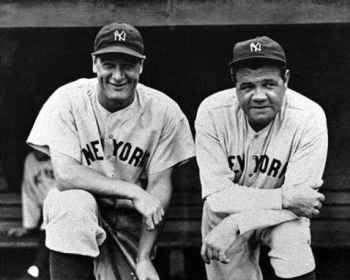
I just wrote to Jack at camp. I want to try to write to him while he is away as much as I write to you.
Here is the letter I sent Jack. I typed it on my computer. I hope that isn't cheating. They have this cool software that makes your own handwriting into a font on the computer. I might invest in that.
They have these great new cartoon superhero stamps and Hank Greenberg stamps. I am going to get some to use on these letters.
Dear Jack:
Whassup big man? How is camp? Do you like your bunk? Do they use Hebrew words for a lot of stuff?
Have you been giving the waiters in the Chadar Ochel a hard time?
Question: At lunch, what did Obi-Wan say to Luke?
Answer: "Use the forks, Luke."What foods are you eating? Do they have peanut butter or is that not okay because kids are allergic to it? Do they have you eating scrambled eggs and stuff you don’t normally eat?
Question: What is Tony Hawk's favorite cereal?
Answer: Trix!Are you loving bug juice? Do they serve bug juice. That is all we drank when I went to camp.
Have you made any new friends? Where are the guys in your bunk from – New York, New Jersey, Massachusetts?
Did you bring your mitt? Are you getting a chance to play baseball? What other sports are there?
Things are pretty much the same here at home. Joe is still squeaking and squealing.
Question: What kind of animal needs oiling?
Answer: A mouse, because it squeaks!He misses you a lot. He is having a sleepover at Joshua’s tonight. He is really excited.
Mom and I are going out to dinner for pizza with Rich and Jill tonight. It will be weird without both of you there when we come home.
Question: How do you fix a broken pizza?
Answer: Tomato paste!I had lunch with Hugh today. He said Liam had a blast at camp. They are going to the beach for all of next week. I will miss him.
Question: What did the Pacific Ocean say to the Atlantic Ocean?
Answer: Nothing -- they just waved!Hey, are you listening to your iPod? Do the other kids have them too?
Question: Where can you find 50 Cent and Eminem?
Answer: In between your sofa's cushions!Remember that if there is stuff that you aren’t that great at doing (at first), like tetherball (I was awful), ask one of the counselors or an older kid for tips. People like teaching other people what they know. Keep practicing is another way to get good at something.
I love you so much. All the way to Joe’s Uranus and back.
Write when you get a chance.
Love,
Dad
p.s. Mom told me she sent you a whole bunch of stuff. Is there anything else you need us to send you?












